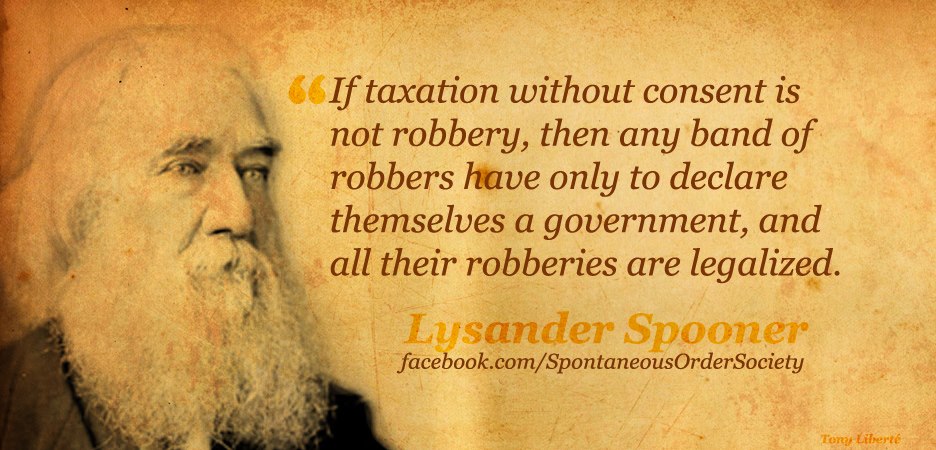Federation and Confederation mean the same thing.
There is no differentiation from the point of view of definitions.
What difference do you perceive other than that the South chose to use the term Confederacy when it illegally succeeded.
Seriously? You're that dumb?
The US is a federal system. The UN is a confederated system. In a confederate system, the STATE has the ultimate power. In a federal system, the central governing authority has the ultimate power. If the UN were a federal system, then UN resolutions would have binding power over their members. As it is, they don't. It is up to their member states to enforce them. If the member states don't want to enforce them, then that is too bad for the UN. Israel and the US have thumbed their nose at more resolutions than any other member. If the UN were a Federation, we would have lost our bill of rights and a whole lot of other things that make us Americans a long time ago. And the Israelis would have been forced to make a deal with the Palestinians WAY long ago.
This is a Federal system.
What is a Federation?
Contrary to traditional confederate legislation, federal legislation may extend rights and obligations directly on individuals in each member state. See figure below. Obviously it is much easier to coerce individuals than it is to coerce state authorities that have the full powers of the state at their disposal for protection. Thus the central powers tend to be much more important within a federation than within a confederation.
If state and federal laws conflict, as they invariably do eventually, it is the central body's laws and legal system that prevails. Central law is superior law, and the paths of control are top-down.
Since federal law prevails with respect to each individual, there is little or no need for the central government to directly instruct state law making bodies.
This is a Confederated System.

The traditional definition of a confederation is a body whose laws are binding only on sovereigns. This means that confederate legislation has to be transformed into internal legislation in each member state in order to be binding on that state's citizens and court system.
As the preceding figure shows, the paths of control in a confederation are top-down, but if a state fails to carry out confederate instructions, the confederation may take action only against state authorities. However, as happened during the Gulf war of 1991, it is common for state authorities to protect themselves behind a wall of ordinary people. (The United Nations is in fact a confederation, and the Iraqi authorities were probably legally bound to obey U.N. resolutions. However, legal technicalities turned out to be of minor importance as the Iraqi leaders hid and continues to hide behind a shield of innocent civilians and army personnel.) This makes the people rather than the responsible state leader suffer the consequences of illegitimate state action. As central decisions do not extend directly to individuals, traditional confederations are inherently unstable. Either they fall apart, with confederate instructions becoming no more than polite advice, or they evolve into federations.
http://www.basiclaw.net/Principles/Confederations and Federations.htm
Confederations are political institutions that join people together that have common political interests but do not believe there should be an enforcement mechanism through violence.






